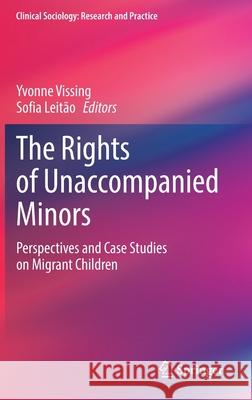The Rights of Unaccompanied Minors: Perspectives and Case Studies on Migrant Children » książka
topmenu
The Rights of Unaccompanied Minors: Perspectives and Case Studies on Migrant Children
ISBN-13: 9783030755935 / Angielski / Twarda / 2021 / 326 str.
Kategorie:
Kategorie BISAC:
Wydawca:
Springer
Seria wydawnicza:
Język:
Angielski
ISBN-13:
9783030755935
Rok wydania:
2021
Wydanie:
2021
Numer serii:
000296955
Ilość stron:
326
Waga:
0.65 kg
Wymiary:
23.39 x 15.6 x 2.06
Oprawa:
Twarda
Wolumenów:
01
Dodatkowe informacje:
Wydanie ilustrowane











